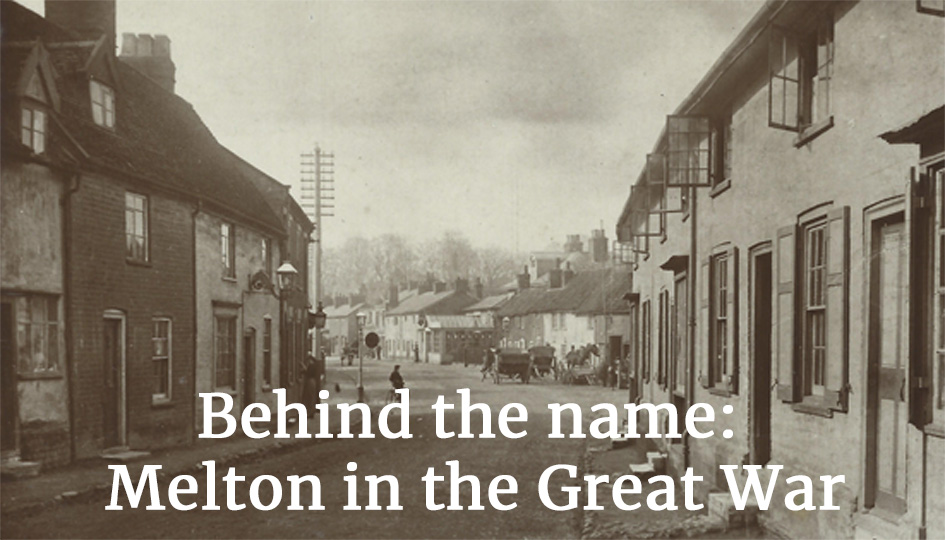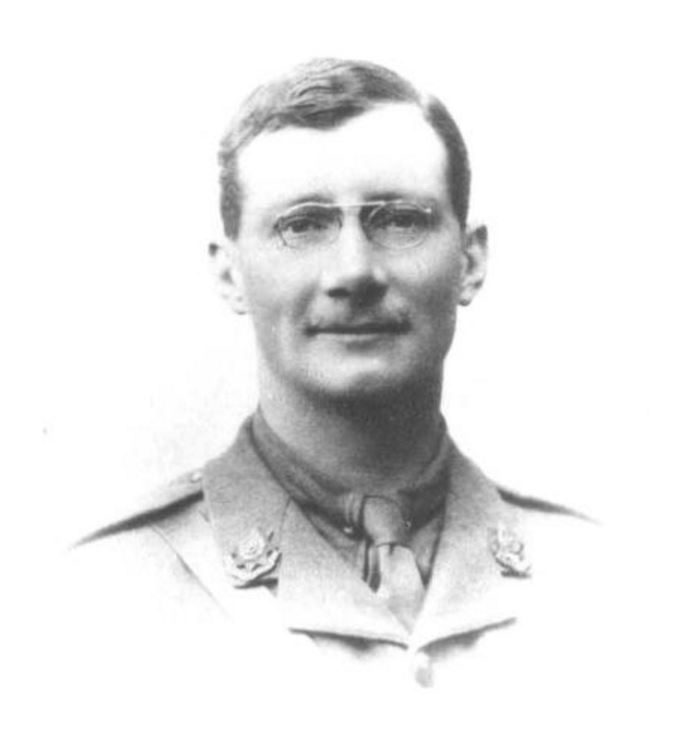Alexander Ellis Walford, known as Jack, was born in Felixstowe in 1885. He was the youngest son of Lieutenant Colonel Henry Alexander Walford, J.P., 20th Hussars, of Foxborough Hall, Suffolk, and Edith, his wife, of Wrecclesham Grange, Farnham, Surrey.
Jack was educated at the Cordwallis School in Maidenhead, before joining Rugby School in 1899. In 1904, he enrolled at Trinity College, Cambridge, but did not take his place. Instead, he went to Ceylon to learn tea-planting and later became manager of a large tea estate.
When war broke out, having been granted a leave of absence by his employer, Jack boarded the P&O ship, Nyanga, disembarking in London on 25th November 1914. On arrival, he joined the army, obtaining a commission as a 2nd Lieutenant in the 9th East Yorkshire Battalion. In the summer of 1915, Jack was transferred at his own request to the Suffolks, his elder brother, Major George Henry Walford’s, regiment.
On the 27th July 1916, after training with the 10th Suffolks at their base in Felixstowe, Jack was posted to join the 2nd Suffolks who were fighting on the Somme. He met them at Merricourt on the 1st August, the anniversary of the Battle of Minden and a significant date for the Suffolk Regiment. The battalion spent the next few days on “Elementary training”, having been boosted by the late-July arrival of a draft of one hundred and sixty men sent hastily to the front as reinforcements.
An entry in the war diary for the 12th August says:
“Practiced companies in extended order and once in attack, their knowledge of either was practically nil.”
Only four days later on the 16th August, the battalion attacked a German-held area known as Cochrane Alley on the Maltz Horn Ridge. The report in the war diary states:
“At zero hour the whole Battalion moved forward across the open, except the reserve company which came along the C.T. [Communications Trench]
One Company got forward about 120 yards, but met with heavy machine gun fire from its left and lost all its Officers and Platoon Commanders, and the remainder of the Company remained in Shell holes until dark, when they fell back to SHUTE TRENCH.”
Once the battalion had been relieved, they found they had sustained two hundred and eighty-one casualties, including Alexander Ellis Walford – killed in action during his first time in the trenches, less than three weeks after joining his battalion.
His colonel wrote:
“He was wounded early in the afternoon, when first leaving the trenches, but he bravely led his men on until he received another fatal wound in the chest. He was buried the same night on the battle-field.”
Another officer said:
“Though he had been only three weeks with this Battalion he had earned the respect and admiration of all ranks.”
He was greatly beloved and respected in Ceylon. One man said:
“‘Jack,’ as he was always called, was universally liked and respected by the other planters, and his life was a model and example to all younger men."
Alexander Ellis Walford has no known grave and is remembered on the Thiepval Memorial on the Somme. For his war service, his family received the British War and Victory Medals.

